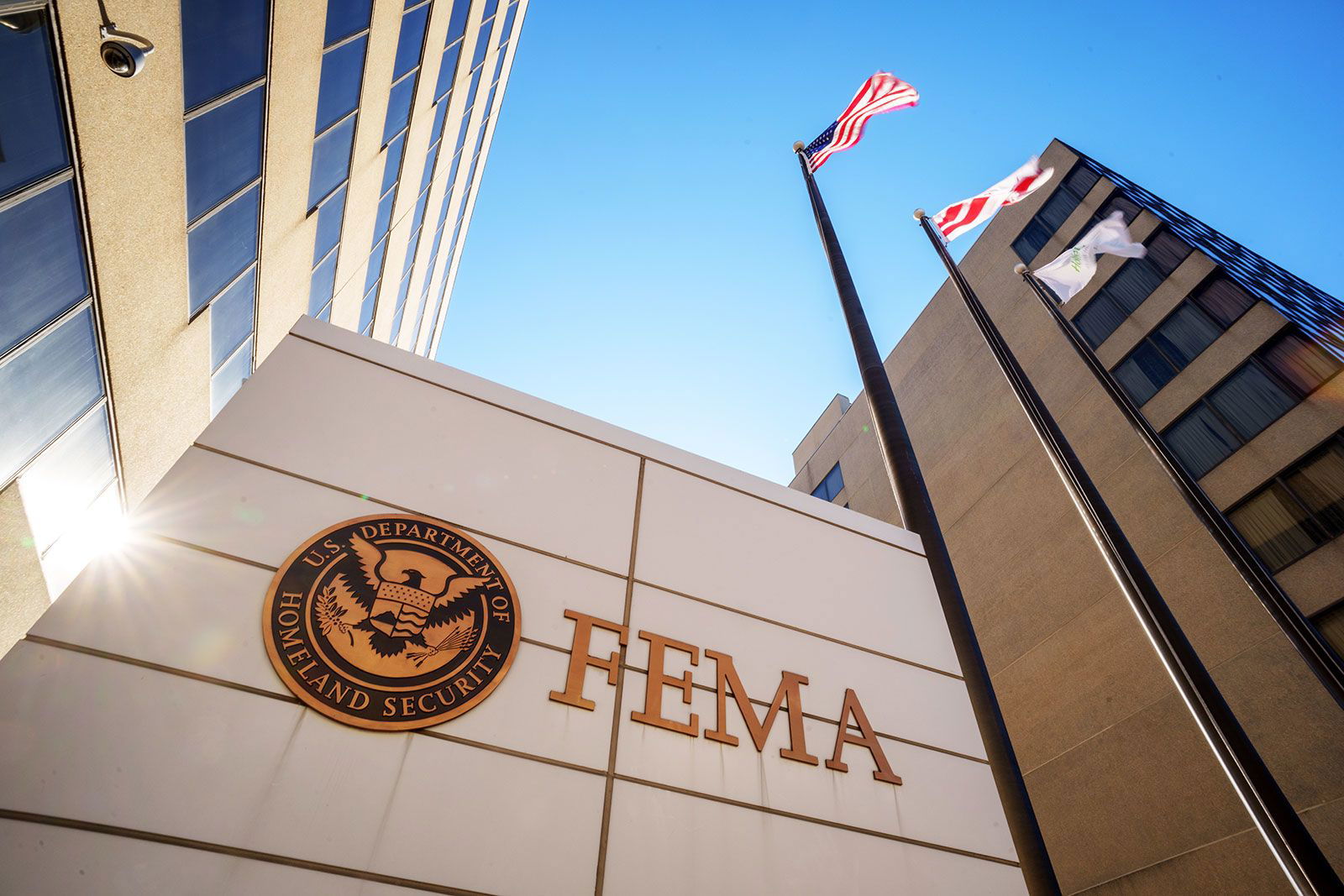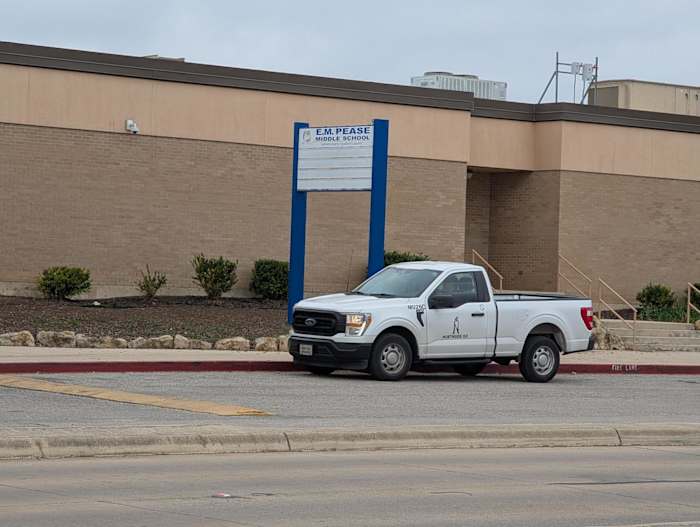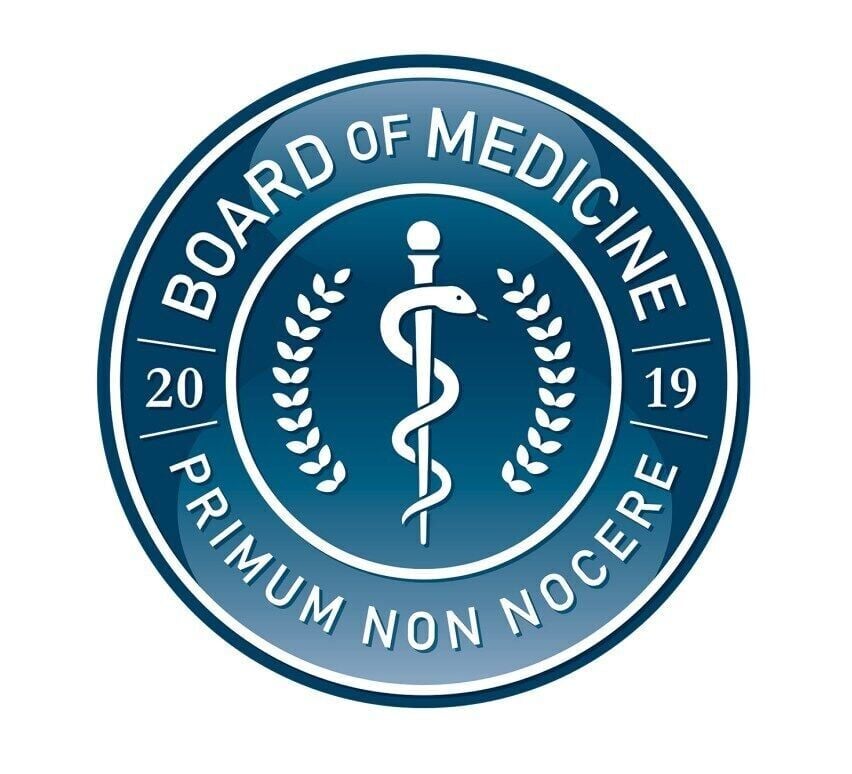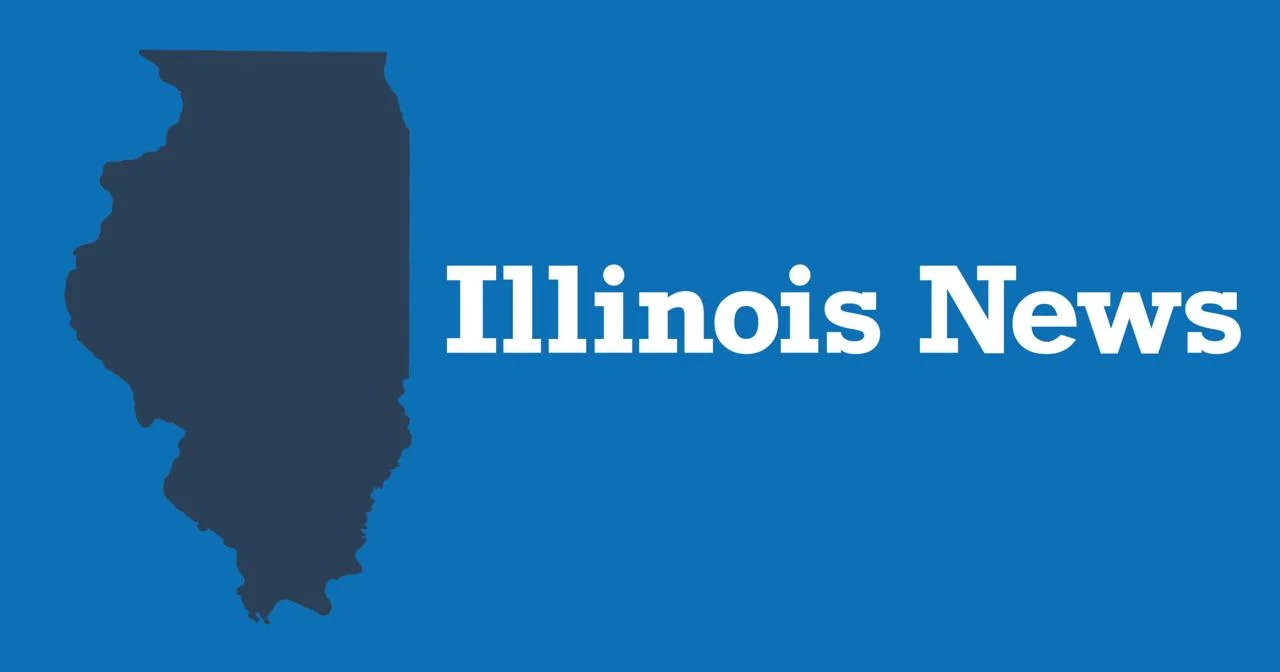Several Federal Emergency Management Agency employees were placed on administrative leave just a day after signing an open letter to Congress. The letter, titled “Katrina Declaration,” warns of potentially catastrophic failures in disaster response under the Trump administration’s proposed overhaul of FEMA.
FEMA workers put on leave after signing letter warning of Trump’s overhaul of the agency

Key Takeaways:
- Multiple FEMA workers were placed on leave soon after issuing a public warning.
- The warning came in the form of an open letter labeled “Katrina Declaration.”
- The letter cautions Congress about possible catastrophic failures under a new FEMA overhaul.
- Concern about the Trump administration’s sweeping changes underpins the controversy.
- The incident has raised broader concerns about disaster preparedness in the U.S.
Introduction
Several employees of the Federal Emergency Management Agency (FEMA) found themselves on administrative leave on Tuesday, following a bold step they took just one day earlier. Signing an open letter named the “Katrina Declaration,” the group warned Congress that the Trump administration’s proposed overhaul of FEMA’s operations could hinder effective disaster response.
Background: “Katrina Declaration”
The open letter earned its name by drawing a parallel to the aftermath of Hurricane Katrina, a disaster that exposed significant vulnerabilities within the nation’s emergency response system. By evoking that event, the employees aimed to convey the gravity of their concerns. According to the letter, if sweeping restructuring efforts proceed, FEMA’s capacity to manage large-scale crises could be severely compromised.
The Overhaul in Question
The Trump administration’s proposed changes, as described by the employees, appear to involve a “sweeping overhaul” of how FEMA functions. Specific details of that overhaul remain unclear from the limited information available. However, the writers of the “Katrina Declaration” indicate that adjustments to FEMA’s operational structure and resources could significantly alter its current approach to disaster management.
Reaction & Repercussions
Within a day of the letter’s publication, several of the signatories were placed on administrative leave. This action underscores the tension within FEMA, as well as the potential fallout for staffers who question official policy. While it remains to be seen whether Congress will heed the “Katrina Declaration,” the swift administrative response has drawn attention to the delicate balance between internal agency policy and public accountability.
Conclusion
The fate of those FEMA employees and the future of the agency’s overhaul remain uncertain. What is clear, however, is that the “Katrina Declaration” has sparked a serious conversation about how best to prepare for emergencies that may loom on the nation’s horizon. As debates continue, many are watching closely to see how this struggle over FEMA’s direction might influence the effectiveness of U.S. disaster response in years to come.











